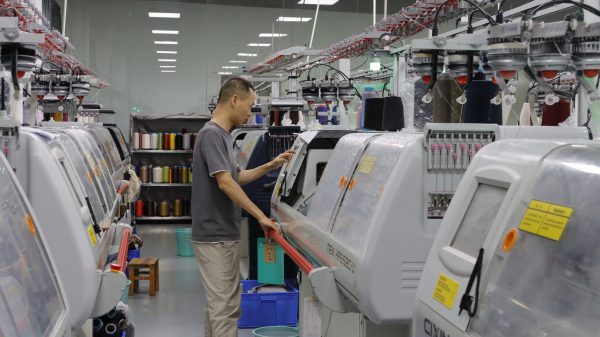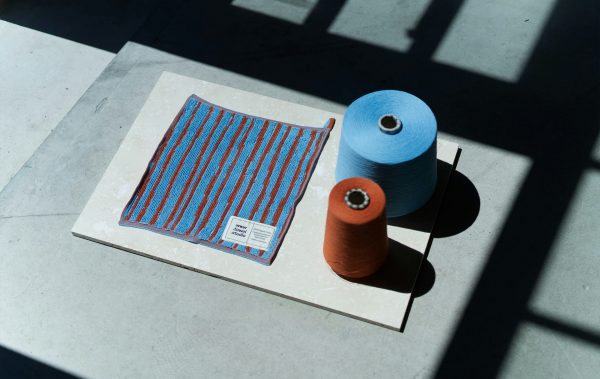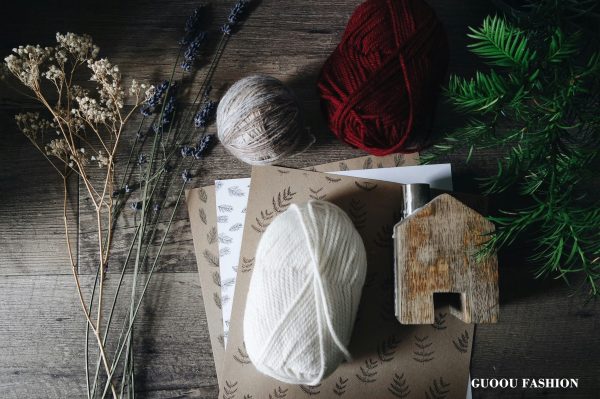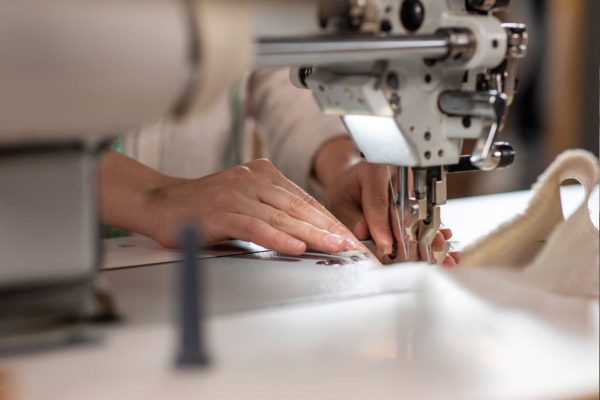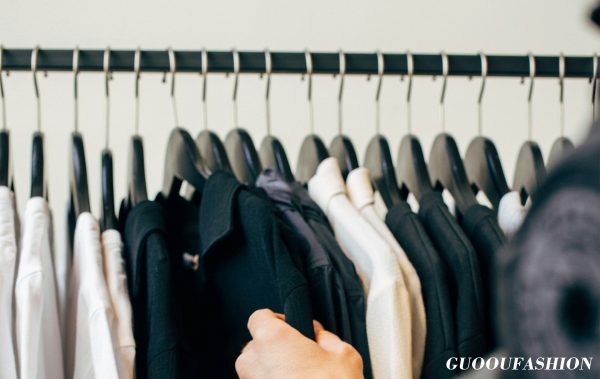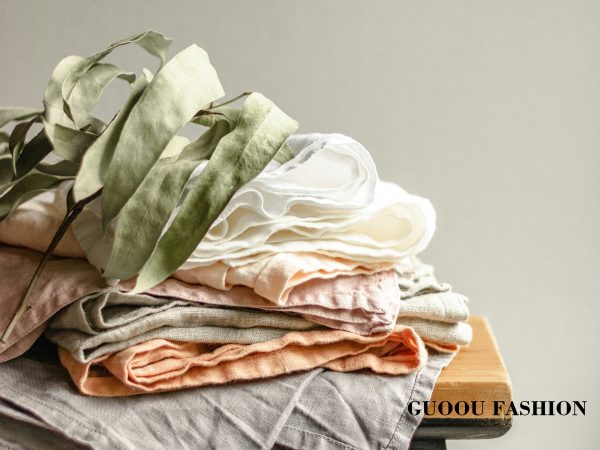
Jacquard Knit: The Art of Intricate Design in fabricecraft
Jacquard knit is a common fabric type that has intricate patterns. It has specific details that directly affect the material. These wave-like forces are responsible for the visual presentation of fashion and domestic decoration. However, Jacquard fabric’s weaving method is complicated. This attribute increases the cost and complexity of finding it. In this article, I’ll

 English
English Deutsch
Deutsch Français
Français Italiano
Italiano Español
Español Русский
Русский Polski
Polski Nederlands
Nederlands Svenska
Svenska